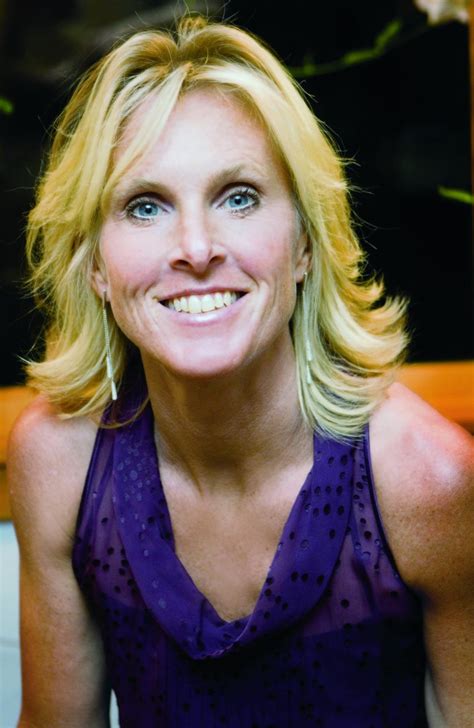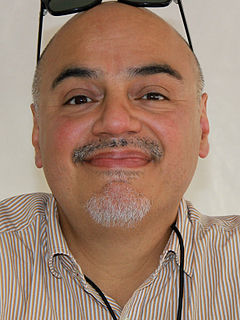A Quote by Milan Kundera
Related Quotes
One easy mistake to make with the first novel is to expand the short story. Some things are better as a story; you cannot dilute things into a novel. I think the first hundred pages of a novel are very important. That's where you set things up: the world, the characters. Once you've set that up, it'll be much easier.
Choice is bondage, choicelessness freedom. The moment you choose something, you have fallen in the trap of the world. If you can resist the temptation to choose, if you can remain choicelessly aware, the trap disappears on its own accord, because when you don`t choose you don`t help the trap to be there - the trap is also created by your choice.





































